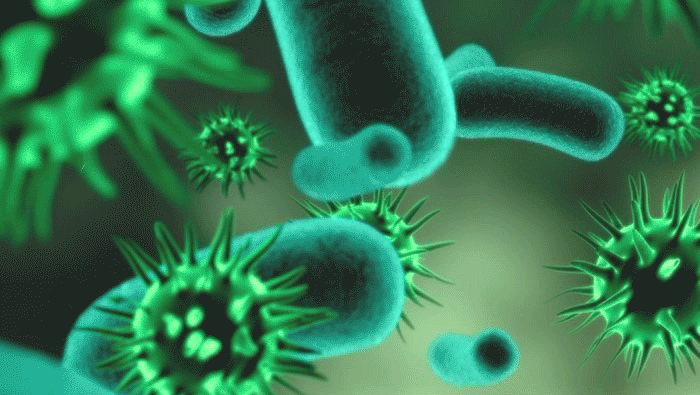
 !
!Just yesterday I had my first microbiology class at the university and I decided to make a publication about the bacteria and here we are!


Already since the middle ages (14th century) thinkers like the Andalusian Ibn al-Jatib thought that the black plague was caused by something that was passed between people and entered their bodies.
It was Anton Van Leeuwenhoek in the century (XVII) who first saw these agents with his newly invented microscope, he called them Animalcules.
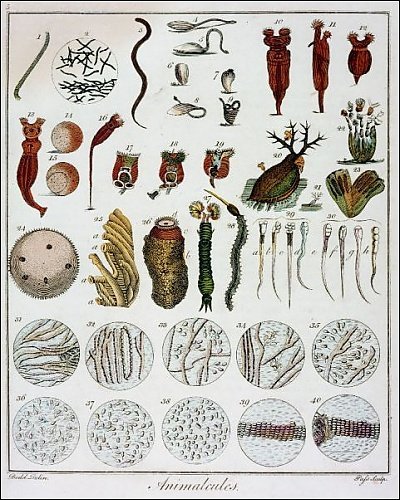
And in the nineteenth century Christian Ehrenberg put them Bacterion in Greek meaning little sticks.
Louis Pasteur and Robert Koch showed that several diseases were caused by these agents.
Tuberculosis received special attention, because it caused the death of thousands of people. Today we know that cholera, syphilis, diphtheria, scarlet fever, leprosy, typhoid, pneumonia, decay, tetanus, among other conditions are caused by bacteria, so are bacteria bad?

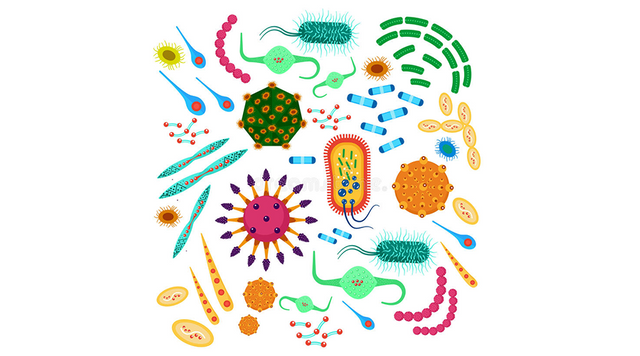
Nearly 16,000 species of bacteria are known, of which 538 are pathogenic or parasitic, that is, only 3% can make us sick, the other 97% can be one of these types:
Of free life, as some that decompose organic matter, such as milk producing yogurt, for example, or another that captures its own food and even eat other bacteria and of course blue-green algae (cyanobacteria) or those found in the pits of the marianas, the deepest place in the sea, also the diners, that is, they live on the surface of other organisms, such as those that live on our feet and armpits feeding on our secretions and causing a bad smell, and the mutualists what are bacteria that associate with other organisms.
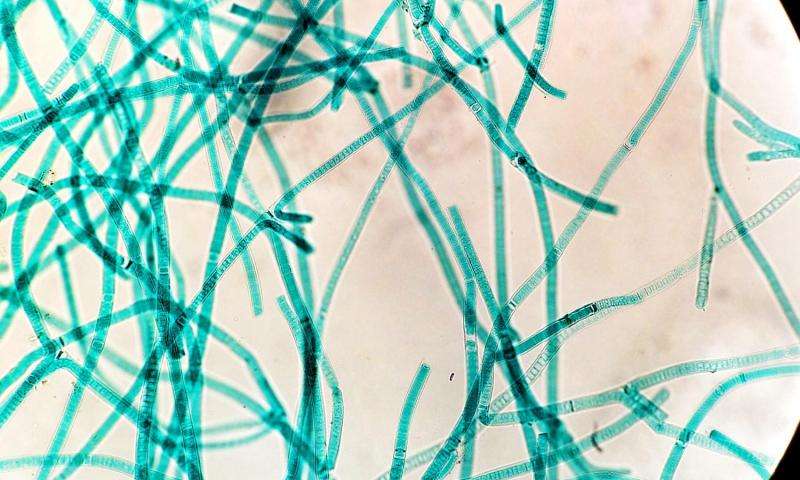
You yourself, for example, are associated with millions of bacteria.
Our body has about 30 billions human cells and 40 billions bacteria, more bacteria, less bacteria, that means that about 3 kilograms of our body are bacteria (all over the body, most of it in the intestine), how good, I thought those kilograms were for eating so much at parties.

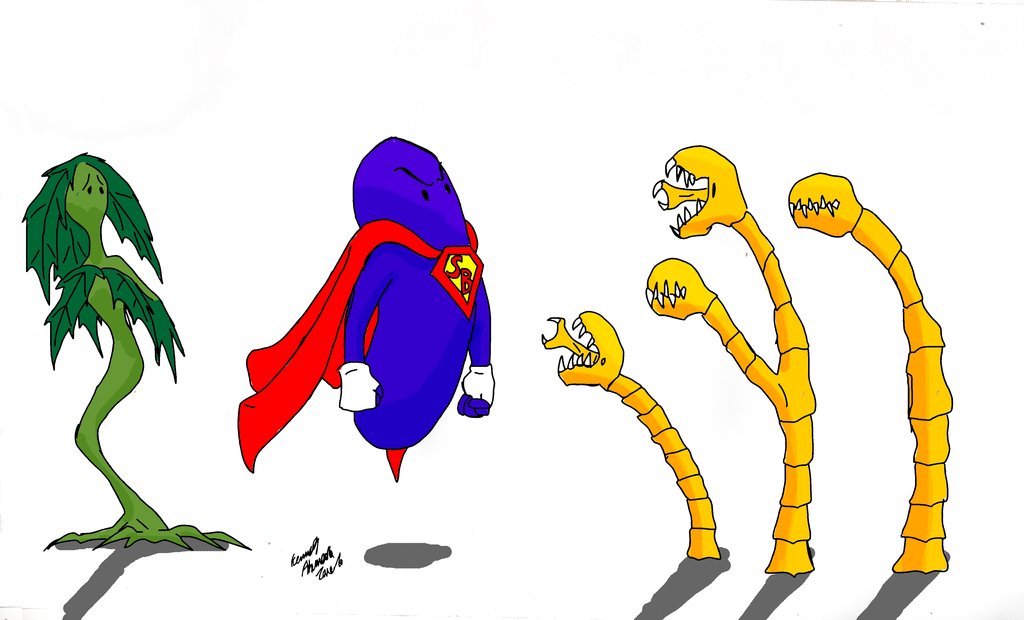
Bacteria are smaller but do not be scared they are FRIENDS (You could say we are a ''superorganism''), without them we could not digest food and produce certain vitamins for example, their presence in our guts also help to prevent them from reaching other microorganisms that would make us sick.
Another thing that bacteria do for us is to produce foods like cheese, without bacteria there would be no PIZZA (which is horrible), they are also used to degrade oil when there are spills or to treat wastewater.
Bacteria are the most abundant organisms on the planet and it is estimated that we only know 10% of the species, they are also the simplest living beings and together with the archaea, another type of organism, they are the oldest and play a role in our evolution that you can not imagine.

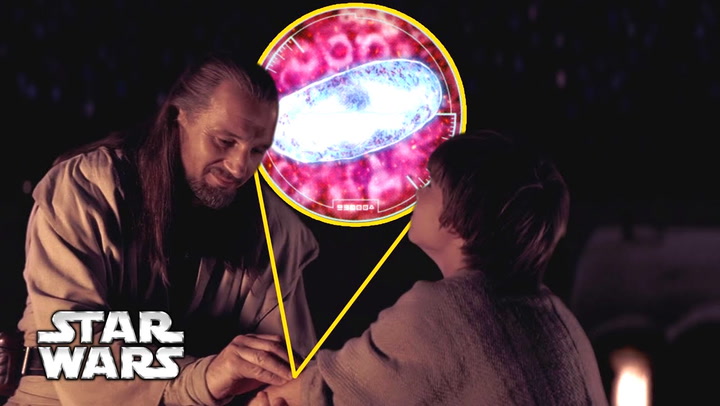
If you're a Star Wars fan, you've probably heard of the Midi-chlorians, the organisms responsible for the force to be manifested in people, these beings are inspired by something from real life, the mitochondria, apparently in a remote past, a cell ate a bacterium but instead of digesting it they started to work together, the cell gave food to the bacteria and the bacteria produced energy for the cell, it turns out that all animals including humans are made up of cells that contain these mitochondria, organelles with a DNA different from ours that produce our energy, our FORCE.
And if we go further back, all animals and plants are Eukaryotes, that means we have cells with a nucleus, unlike bacteria.
It is known that the nucleus of the cell was originally a bacterium, it is not known how the bacteria came to be so important but it is believed that it may have been due to the mechanism of endosymbiosis described by Lynn Margulis.
In 1966, as a young faculty member at Boston University, Margulis wrote a theoretical paper titled "On the Origin of Mitosing Cells". The paper, however, was "rejected by about fifteen scientific journals," she recalled. It was finally accepted by Journal of Theoretical Biology and is considered today a landmark in modern endosymbiotic theory. Weathering constant criticism of her ideas for decades, Margulis was famous for her tenacity in pushing her theory forward, despite the opposition she faced at the time. The descent of mitochondria from bacteria and of chloroplasts from cyanobacteria was experimentally demonstrated in 1978 by Robert Schwartz and Margaret Dayhoff. This formed the first experimental evidence for her theory. The endosymbiosis theory of organogenesis became widely accepted in the 1980s, when the genetic material of mitochondria and chloroplasts was found to be different from that of the symbiont's nuclear DNA.

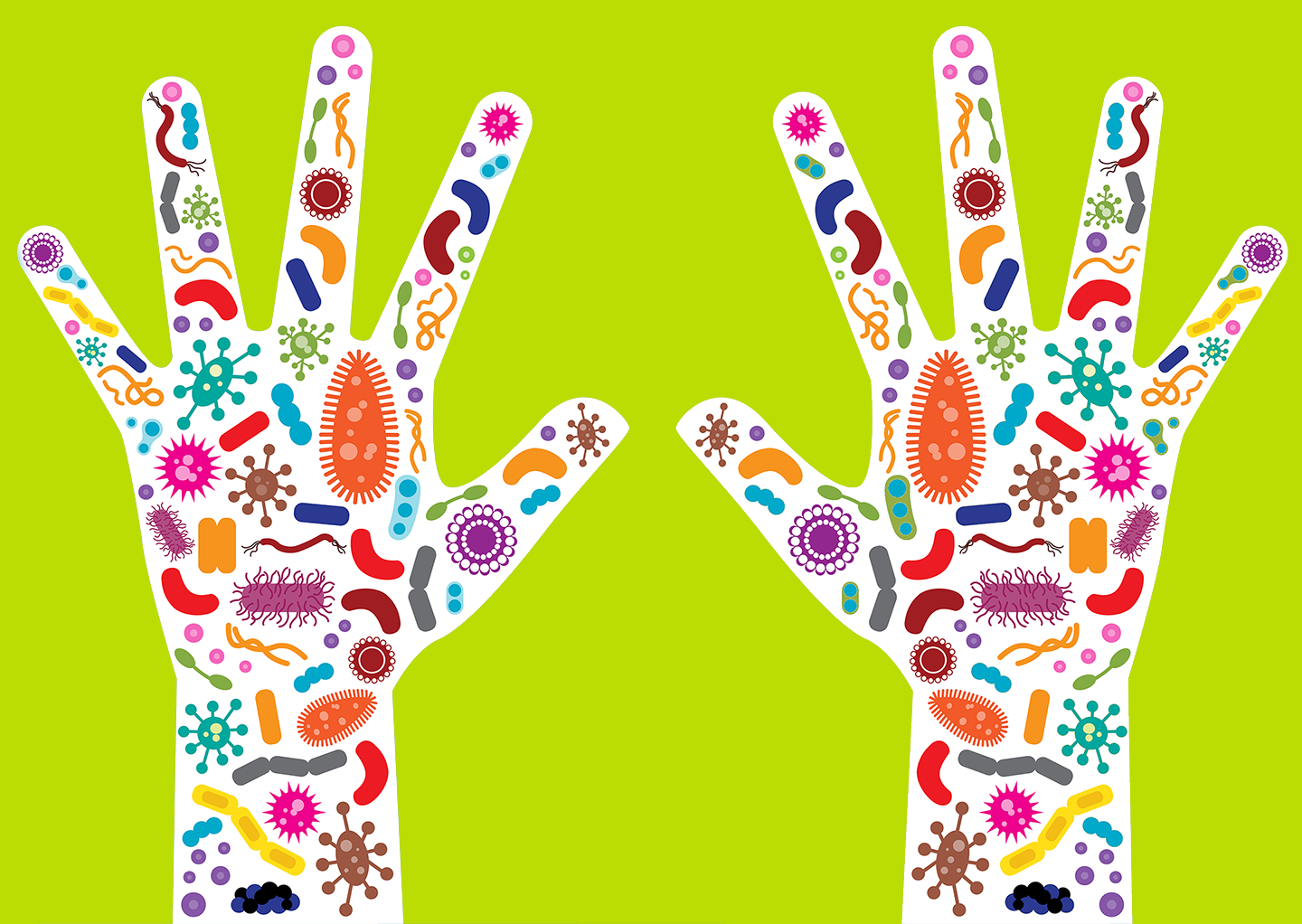
Without bacteria we simply would not exist, it is not possible to eliminate them and not even desirable, but in any case it continues to wash your teeth 3 times a day, your hands before eating and after going to the bathroom, you will not want to have cavities or anger.


Absolutely amazing about bacteria; I learn something every day, thanks
Downvoting a post can decrease pending rewards and make it less visible. Common reasons:
Submit
Thanks to you for taking the time to read ;)
Downvoting a post can decrease pending rewards and make it less visible. Common reasons:
Submit
Hello! Good article! I'm interested in the them of ICO and crypto-currency, I'll subscribe to your channel. I hope you will also like my content and reviews of the most profitable bounties and ICO, subscribe to me @toni.crypto
There will be a lot of interesting!
Downvoting a post can decrease pending rewards and make it less visible. Common reasons:
Submit
Thanks bro! very interesting the theme of the ico, i will be pending :D
Downvoting a post can decrease pending rewards and make it less visible. Common reasons:
Submit
Congratulations @eduardsalas! You have completed some achievement on Steemit and have been rewarded with new badge(s) :
Click on any badge to view your own Board of Honor on SteemitBoard.
For more information about SteemitBoard, click here
If you no longer want to receive notifications, reply to this comment with the word
STOPDownvoting a post can decrease pending rewards and make it less visible. Common reasons:
Submit